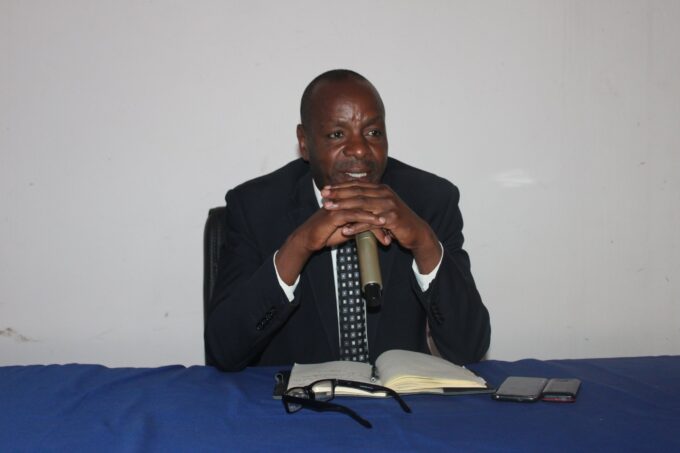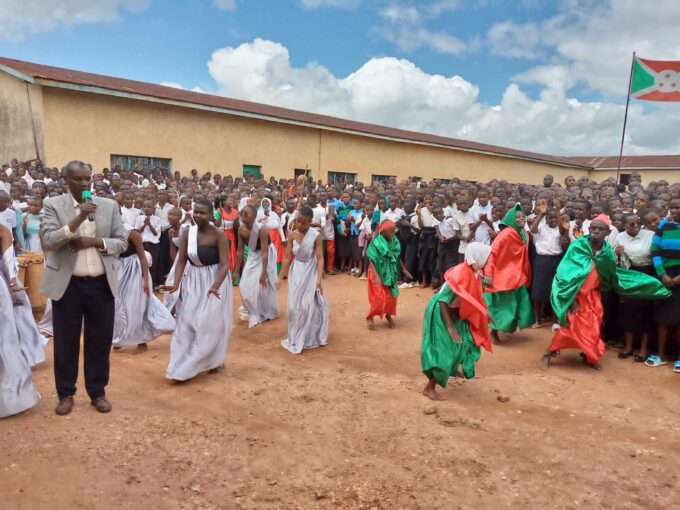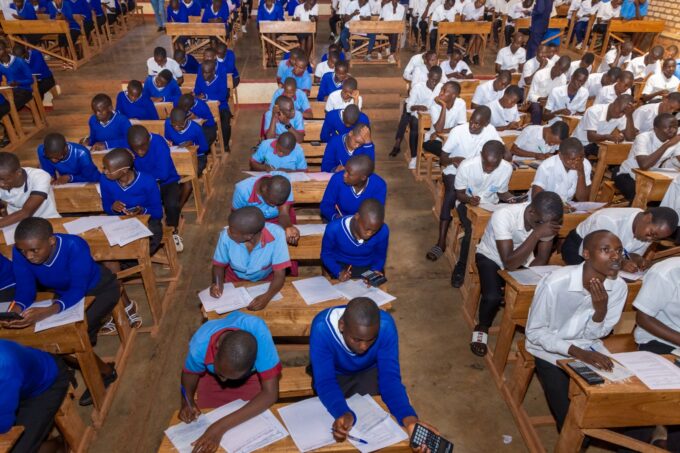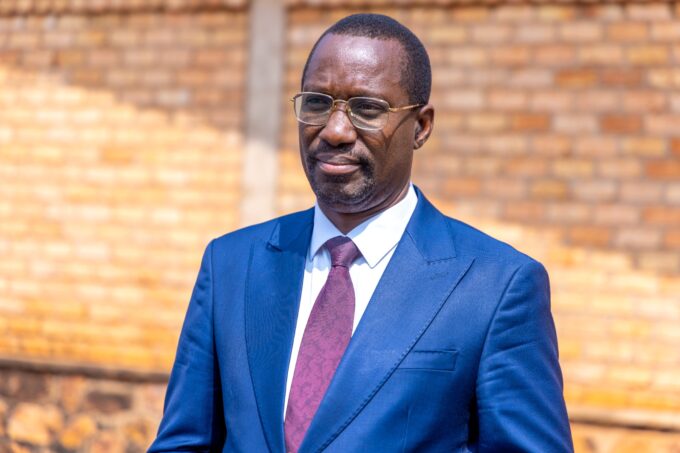Burundi’s Minister of Education, François Havyarimana, has urged students to remain in school despite economic hardships in their families, as the country grapples with a sharp rise in dropout rates. In Kirundo Province alone, more than 6,000 students reportedly abandoned school during the first semester of the 2024–2025 school year, raising concerns over the future of the nation’s education system.
“We are aware of these challenges; they are not new. We have heard that than 6,000 students have dropped out. That number is alarmingly high. it’s true that families might be facing a number of challenges, but students must continue attending classes,” he said, emphasizing that education is essential for Burundi’s long-term development.
“Others have faced the same situation before you but continued their studies until they obtained their diploma.”
Minister Havyarimana said that on Saturday during the official inauguration of the renovated buildings at Kanabugiri Basic School in Ntega Commune, Kirundo Province, in the north of the country. The renovations were recently completed by the German organization ‘Welthungerhilfe.’
Acknowledging the teacher shortage as a major issue in the education sector, the minister pledged efforts to address it. “We have conducted tests to recruit additional teachers to support schools in need. In this process, volunteer teachers were given priority in hiring so they could be the first to secure jobs,” he said.
The crisis is particularly acute in Kirundo Province, where local education officials say financial struggles are forcing families to withdraw their children from school. Léocadie Mukaporona, the provincial education officer, previously warned that the discontinuation of the World Food Programme’s (WFP) school meal initiative has exacerbated the problem, making it even harder for families to keep children in class.
Mukaporona called for urgent action to reinstate the program, arguing that school meals play a crucial role in reducing dropout rates.
The issue is not limited to Kirundo. In Kayanza Province, also in northern Burundi, more than 4300 students — including 1,993 girls and 2,316 boys — dropped out during the first trimester of the school year. Juvenal Mbonihankuye, the provincial director of education, attributed the high dropout rate to poverty, a lack of awareness about the value of education, and student discouragement.
In response to the growing crisis, Havyarimana urged local authorities to step in and prevent further student dropouts. He stressed that education remains at the heart of Burundi’s national vision—to become a self-sufficient nation by 2040 and a developed country by 2060.
Meanwhile, international partners have stepped in to support Burundi’s struggling education sector. Over the past two weeks, the European Union, the French Development Agency, and UNICEF pledged over €23 million in aid to help address the challenges in the education system.








Leave a comment